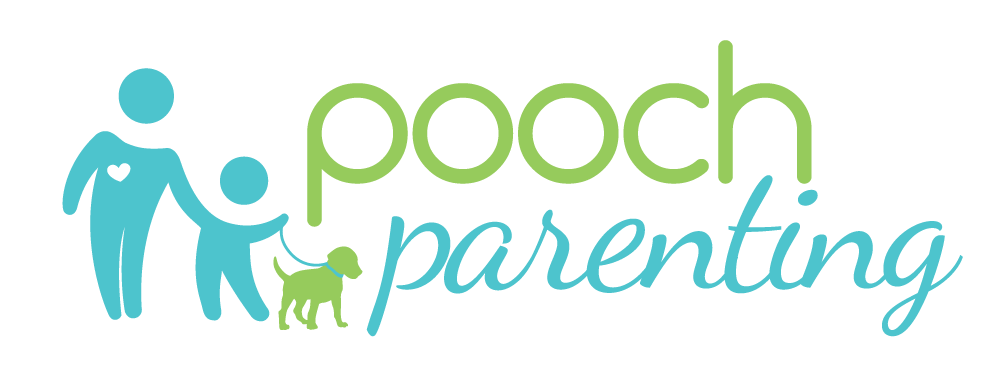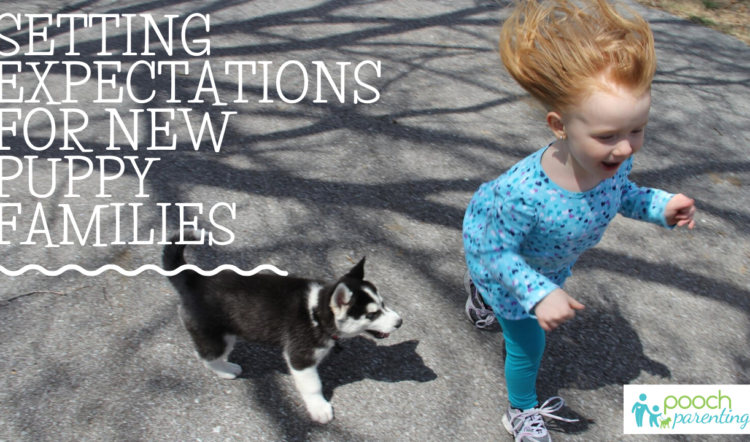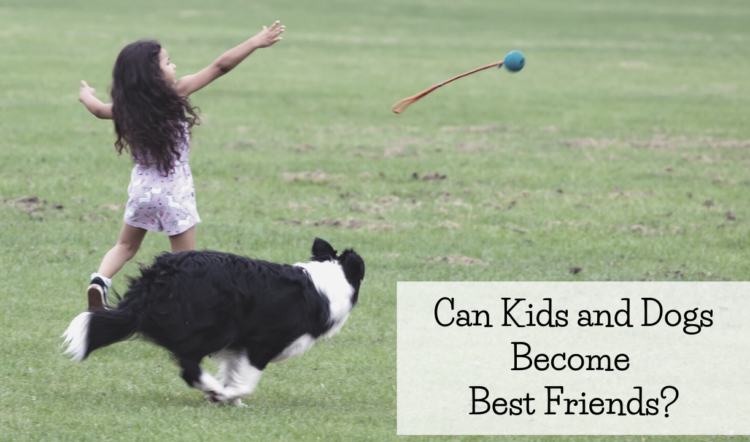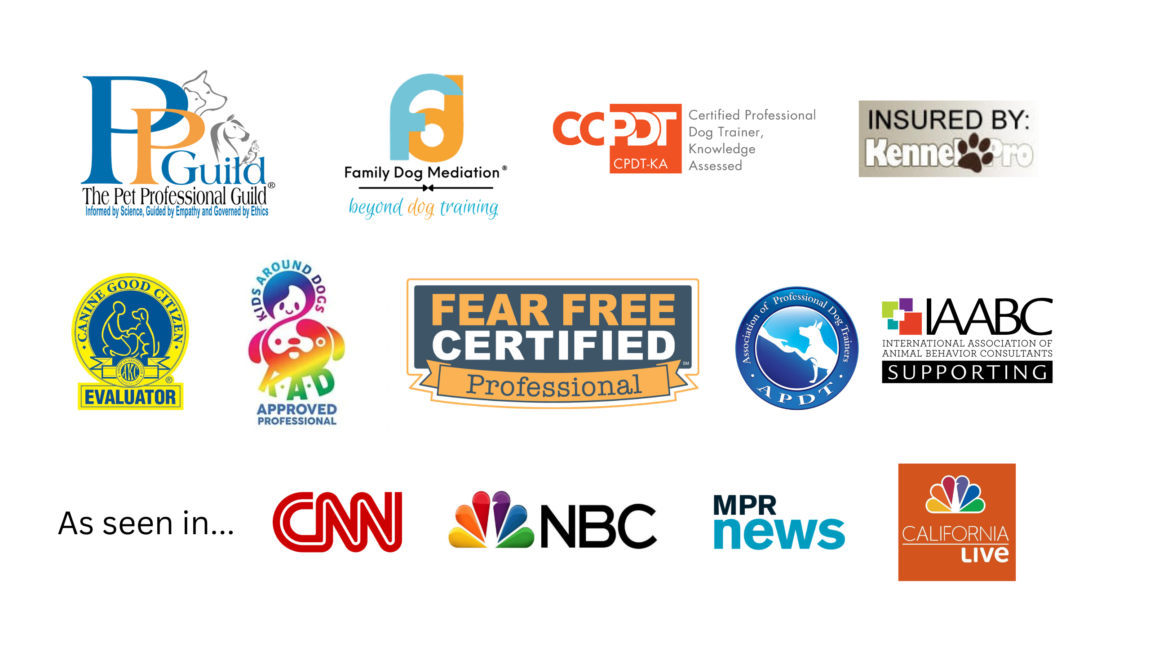Welcome to Parenting Kids and Dogs 101, a limited series podcast for parents who live with kids and dogs, or plan to. I’m your host, Michelle Stern, the founder of Pooch Parenting. I’m not just a certified professional dog trainer and former teacher, I’m a mom too. In each episode of this series, I hope you’ll feel like I’m chatting with you, one parent to another, about life with kids and dogs, answering common questions my clients ask me, and giving you simple solutions to make your life easier and safer.
I hope you’ll subscribe and join me for the whole series, and don’t forget to grab the accompanying workbook at https://poochparenting.net/podcastworkbook/
Listen to Episode 7 of the Parenting Kids and Dogs 101 Podcast
Why Your Child Might Accidentally Hurt or Provoke your Dog
- It’s important for parents to understand normal behaviors in kids that accompany different developmental stages.
- Kids are curious and want to explore “what happens if”
- We need to react calmly and move our child away.
- Next, we need to explain why we do or don’t do certain things, and then use management to prevent dangerous or unkind interactions in the future
- Natural consequences could include having less access to the dog
- It’s also important to identify if your child is afraid of your dog or uncomfortable around them and is asking for more safe space (by kicking at or swatting at the dog)
How can I teach my children to respect and interact safely with our dog?
- Model the behavior you want your kids to demonstrate
- Most dogs don’t like to be hugged – so don’t hug your dog in front of your children. Even if YOUR dog likes to be hugged, your children will treat all dogs the way they treat yours.
- Eye contact is threatening to most dogs, so don’t kiss your dog on the nose in front of your kids – this is how a lot of bites to kids happen. Again – even if your dog is okay with this, it puts your child’s vulnerable face too close to the teeth of other dogs.
- Set some ground rules such as never bothering a dog when they are eating, chewing a bone or sleeping
- Use safe zones for both your kids and dogs, where they know that they will not be approached
- Invite dogs to you for petting instead of approaching them
- Notice dog body language and talk about it often – point out if your dog is showing signs of stress so your kids can learn to recognize them
Ongoing support for parents with dogs
It’s only natural for questions about our kids and dogs to arise from time to time, especially as our babies grow up and our dogs mature. And if I’m being honest, it’s not really worth asking for free advice from friends or online because you can’t rely on the accuracy of the feedback you are getting. If you’d like to learn more about The Pooch Parenting Society, where I offer practical life and science-based tips and strategies, ongoing support and a safe place to share, head on over to www.safekidsanddogs.com. From one parent to another, I see you and I promise, you’re not alone.



